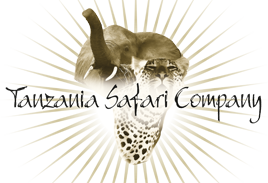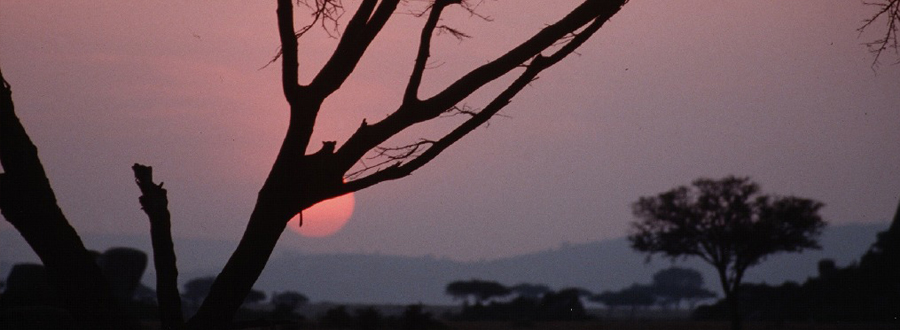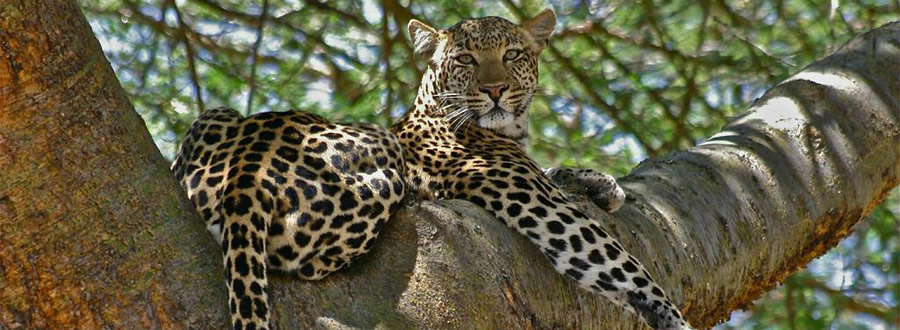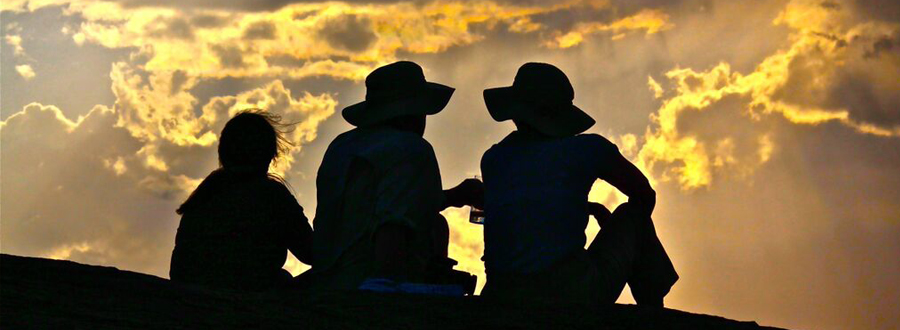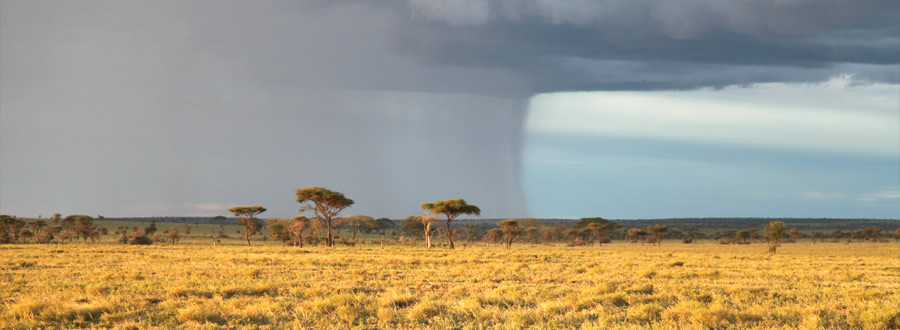Call From the Wild
Francesco is an avid writer and documents his adventures on safari in chapters of the Call From the Wild.


There’s a layer of cotton cloud on the eastern horizon. It stands out in this darkness backlit by a rising moon. Moonbeams pierce gaps painting magical patterns across sand flats that stretch into the darkness on a receding tide. The Southern Cross reclines on the horizon but will surely ascend, as does the moon. The Milky Way isn’t quite awake yet either but true to form it alights, wand like, the highway of our night sky.
Wind from the south in my face and I marvel at this coastal wilderness of ours so different from that we safari, and yet no less mesmerizing. This thread takes me back to the bush and a season of grand safaris: Of magical places and experiences.
Cheetah interaction has without a doubt provided once in a lifetime encounters that we will never forget. There were a number of very playful cubs around the woodlands we camped in. We had many hours with them running around, under and on the cars. We watched them being taught how to hunt and marveled at their many successes and failures.
Lion around camp brought on sleepless moments to under canvas nights. In particular a courting couple that, for many nights, found warmth by the embers of the campfire. Fortunately we never had to abandon our iced sundowners but they were ever present just beyond the firelight. They would let us finish, retire for the night then move in. Remarkable insights with two gorilla families in Rwanda and some extreme Indian Ocean fishing adventure added diversity to our traditional tented safari.
While sitting with elephant in the southern woodland, I’d been asked about their eyesight. I consider it to be optimum at their feet and the end of the trunk’s reach, but mostly it’s considered rather poor beyond that. Regardless, they find food, take care of each other and wander hundreds of miles.
I’d be the first to lend credibility to the notion that elephant notice the stars. It would be rash to categorically state they don’t.
“So!” One might ask; “How does a creature with reputedly poor eyesight see distant stars?”
“I don’t know!”
“You didn’t think I had the answer did you?”
When looking out the window of a plane these stars don’t seem any nearer or further away regardless of the fact that I’m almost forty thousand feet closer.
“Why shouldn’t they see stars and possibly use them to navigate?”
The elephant is after all the Land Cruiser of Africa. It evolved to wander a continent pruning
its trees. Of course such a creature would need to find its way over hundreds of miles to places it wishes to get to for water, better forage and the company of other elephant.
At risk of being repetitive: We no longer have a sea of wilderness because pockets remain, left by human population expansion. Elephant can no longer just wander trade routes of old as they did when Quarter of a Million roamed our country. Less than fifty thousand, it is speculated, survive and they are not at liberty to wander in the manner of their ancestors.
I’m not blaming others entirely for their persecution because the fact is that one can’t have almost a century of family history in Africa without having been a part of the problem at some point during this saga. I have vivid memories of elephant hunting with my father, his fearlessness and their fear.
What is important to those of us who don’t kill elephant for their ivory is the fact that anything is possible and there will be an ever-increasing number of enlightened people shouting support for sensitivity towards elephant.
Try as we might to study, dissect, control and manage there is much about animal behavior we just simply miss. Most probably because it’s beyond rational explanation, behavior that is observed but does not fall into expected norm. It’s just as well because it’s the things we miss that might be their saving grace; of course, the contrary may be argued. Unfortunately despite the conservation efforts the world over, all the global conservation groups, public pressure and best intentions, elephant are still being blown away. Blown away regardless of the fact that the countries they exist in are fully aware of their value and yet fail to protect them.
Elephant have always grabbed at something within me. I never tire of searching for and observing them. It is no doubt as a result of experiences such as those with my father, as well as my own since, that branded the passion and connection to these creatures. Over five decades of safaris we have shared unforgettable elephant encounters: the power and ferocity of charges, daily family routine and even the birth of an elephant during a lightening storm. One thinks one’s seen it all and yet this last safari we saw something new.
We were casting about Lake Tagallala in the Selous Game Reserve gazing at the landscape and watching hippo and crocodile from the open vehicle. We rounded a peninsula of palm trees and into a setting of an elephant herd strolling with purpose to the waters edge flushing Avocet, Heron and some lazing crocodile. Initial excitement is followed by a closer look and much speculation about the herd’s configuration. It was astonishingly unusual.
It was made up of a tuskless matriarch and what I assumed to be her teenage daughter. With them were seven smaller elephant between the ages of two and nine. An odd make up since we know that there is usually about six years between the birth of calves. So how was it that two females should have so many young with them, most of which were missing their mother?
I’d heard a remark recently, which indicated that an alarming number of dead elephant were being discovered in the Selous in particular. Something not unique to Tanzania’s protected areas but true for many elephant range states including some as far away as Chad. It has me wonder if this aging matriarch is running an orphanage. I’d seen elephant adopt abandoned calves but, never this.
Poachers shoot the matriarchs first causing panicked chaos and while the confused look to their fallen leader for a decision about what to do they too are taken down.
It is very likely that this herd encountered poachers. A number of adult cows were probably shot but as circumstance may have had it this tuskless cow wasn’t killed. She must have been able to whisk these youngsters away to safety and now provides them with the care, education and guidance they will need.
Whatever the event that brought them to this moment in time, it is clear that this is an extraordinary and sobering sight to have seen. One, more easily explained than understood: One that lends a very human quality to an animal. It reveals a sense of affection, responsibility, dedication and adaptation.
The tragedy and repulsive nature of elephant poaching can’t be ignored but the bright side is the fact that elephant have many survival skills that are not listed as “behavioral characteristics” in guide books.
Their eyesight does not have to be very good and it’s likely that their devotion to each other together with an ability to adapt may be what gets them through. Becoming nocturnal may be their best escape.
Even if they could see the stars, they may no longer need them.

